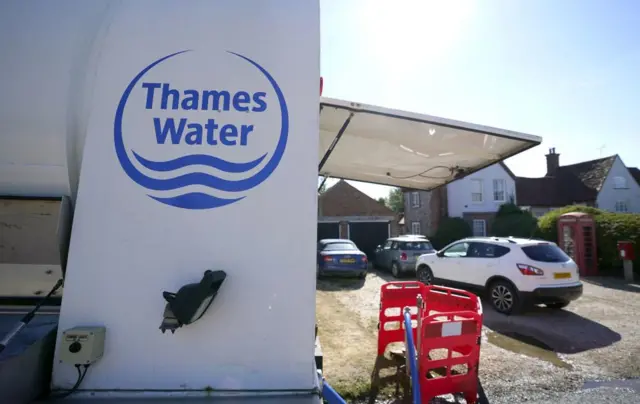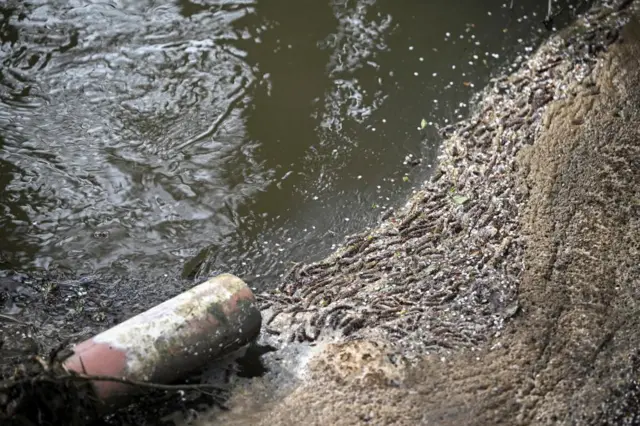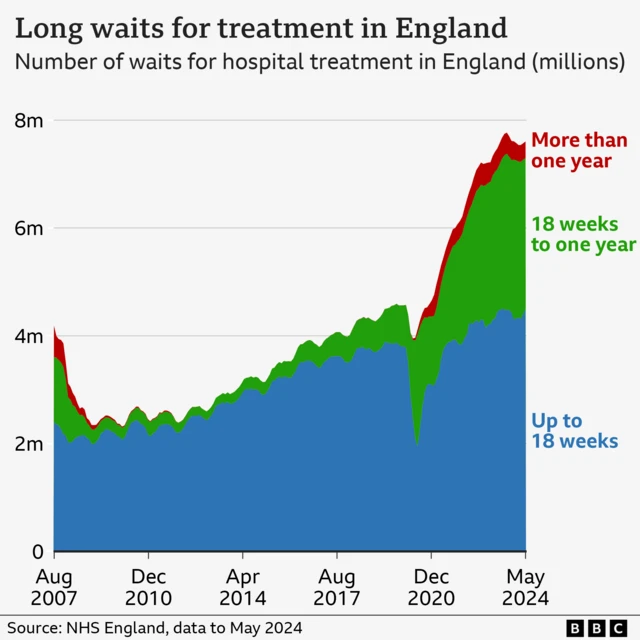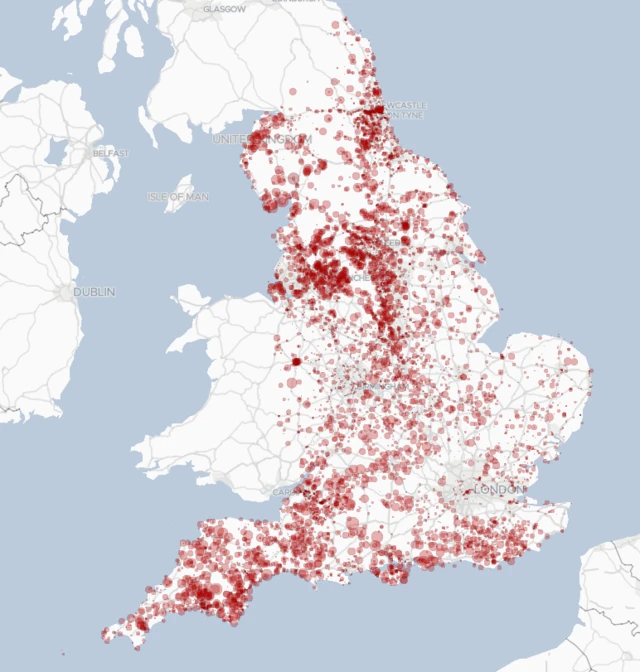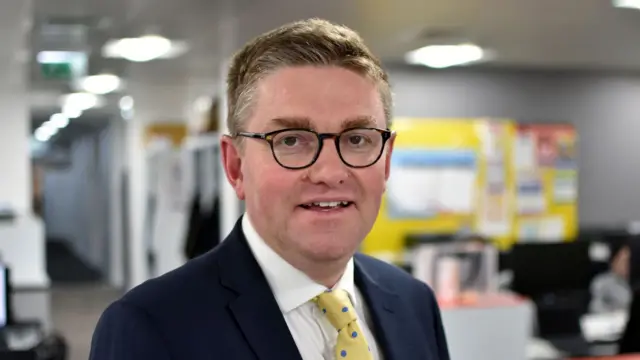
The sewage conversation has changedpublished at 11:23 BST 11 July 2024
Jonah Fisher
Climate and environment correspondent
It’s interesting to compare how different things are now at this five year price review relative to the last time round in 2019.
Back then, there was very little talk of large investment in the sewage infrastructure. The emphasis was on delivering cheaper customer bills - a fall of 12% over the 5 years period.
Now, thanks to a significant extent to the deployment of monitors (EDMs) on all the sewage overflow pipes in England (about 15,000), everyone is much more aware of the discharges. So the conversation has changed, and now the discussion is about “how much is the rise?” and “how much is needed?” rather than keeping bills down.
The deployment of the monitors made it impossible for the water companies and the government to continue arguing that rivers and seas were not being impacted as their own equipment was at times reporting the exact opposite.
